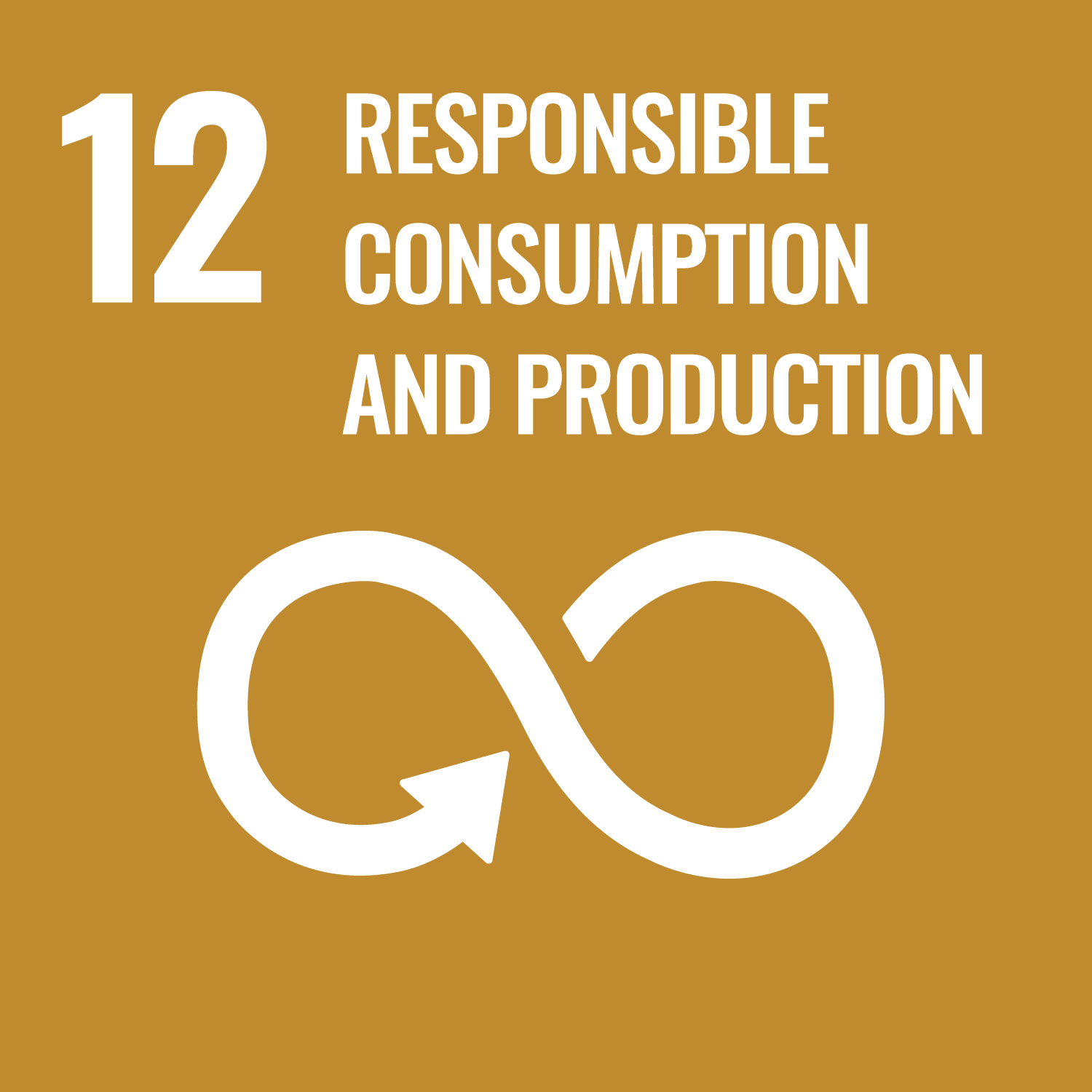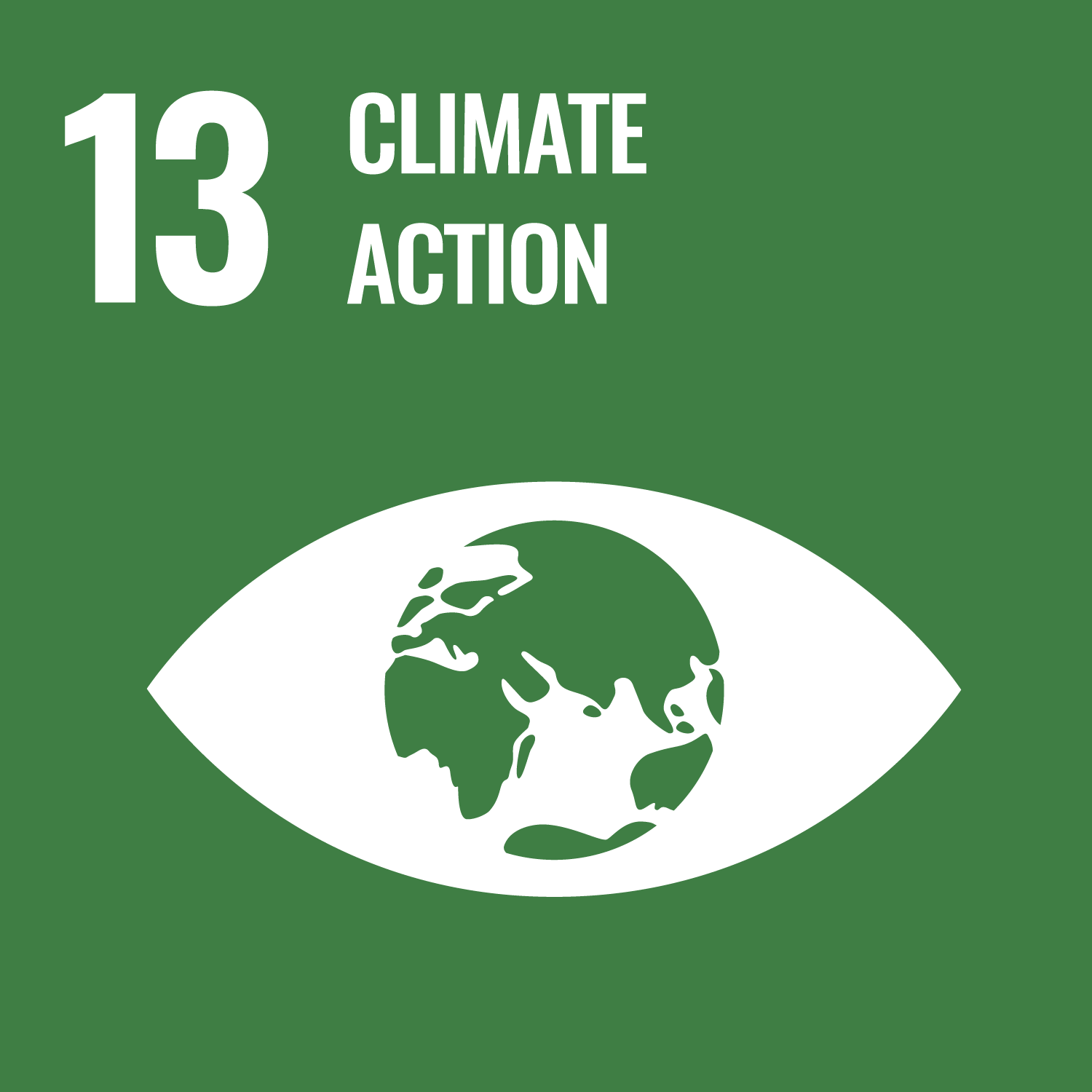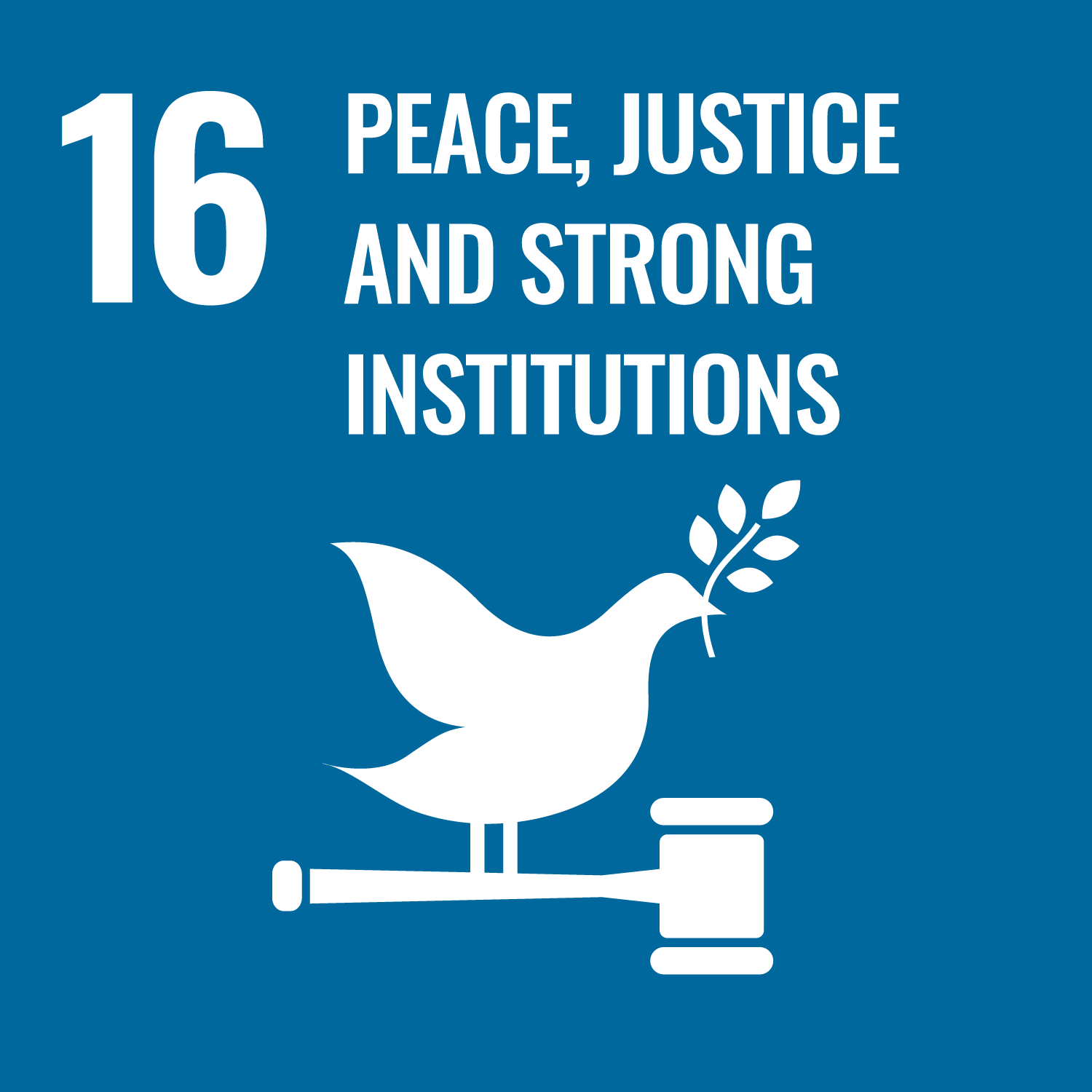TBAuctions (“TBA”) is a European digital auction platform for second-hand and second chance goods with a presence across the Netherlands, Belgium, Germany, the UK, France and the Nordics. TBA offers end-to-end auction services from pre-sales to post-sales to industrial and business customers, enabling goods to be reused and extending their lifetime. The auction model contributes to circular economy, meaning that less energy is used and fewer resources are depleted.

TBAuctions
TBAuctions at a glance
Key developments 2022
In 2022, TBA acquired 7 companies across the Nordics, UK, and Belgium, driving NAS1 to 1.8x 2021 levels and enabling geographic and product expansion including yellow equipment and medical equipment. Furthermore, TBA increased into integration of assets, price optimization, sustainability efforts, and strengthening the organization by adding new CFO, CCO, and Chief Transformation Officer.
Sector
Online auctions
Location
The Netherlands
SDG aligment



Gross profit (EURm)
Environmental
Carbon intensity: Tons CO₂e per EUR m revenue
Total tons CO₂ emitted
Monetized climate impact
Social
Full time employees
Gender balance, % females
Board
Management
All employees
Governance
Via Summa Compliance
✔ Code of conduct
✔ Supplier code of conduct
✔ Economic Sanctions
✘ Competition Law/Antitrust
✔ Data Protection/IT Security
✘ Anti-curruption
✔ Whistleblower
How TBAuctions is advancing ESG
Significant strides have been made since the investment in April 2022, including development of impact targets and KPIs, gap analysis related to Via Summa, strengthening of the impact team in TBA, and putting in place the governance structure for various ESG topics.
Science Based Targets
Science Based Targets process to be initiated in Q2 2023, with target commitment by December 2023.
EU Taxonomy
TBA to initiate process to assess potential Taxonomy alignment in 2023.
What are the challenges TBAuctions addresses?
How does TBAuctions help?
Reality today
Unsustainable consumption leads to resource depletion as valuable assets may end up being unused or discarded, while goods that are reused often change hands through informal transactions, contributing to reduced illicit financial flows and price transparency.
TBAuctions approach
TBA enables reuse and re-commerce of goods, effectively decreasing the use of natural resources and waste generated. In addition, the platform facilitates secure and transparent transactions and compliance both in core markets but also in emerging markets, giving buyers access to more modern technology at fair pricing.
Aspirational future
A less wasteful, more circular economy that provides equal access to fair and transparent pricing while supporting a prosperous environment and biodiversity.
What impact does TB Auctions create?
Number of items given a second life
Number of new bidders
Number of buyers that are also sellers
Who is impacted?
TBA serves approximately 52k sellers and approximately 800k bidders. These sellers and bidders are businesses and consumers primarily located in Europe.
What are the impact considerations?
Additionality
If TBA didn’t exist, more waste would be going to landfills and there would be less reuse of equipment, which would lead to more unsustainable consumption and resource depletion. In addition, the reused goods market would be less transparent.
Risks
There is a risk that reselling old machinery will at one point not be sustainable as opposed to new resource-efficient machinery. Additionally, the lower price levels of used and surplus goods on auction platforms vs new goods may promote increased consumption.